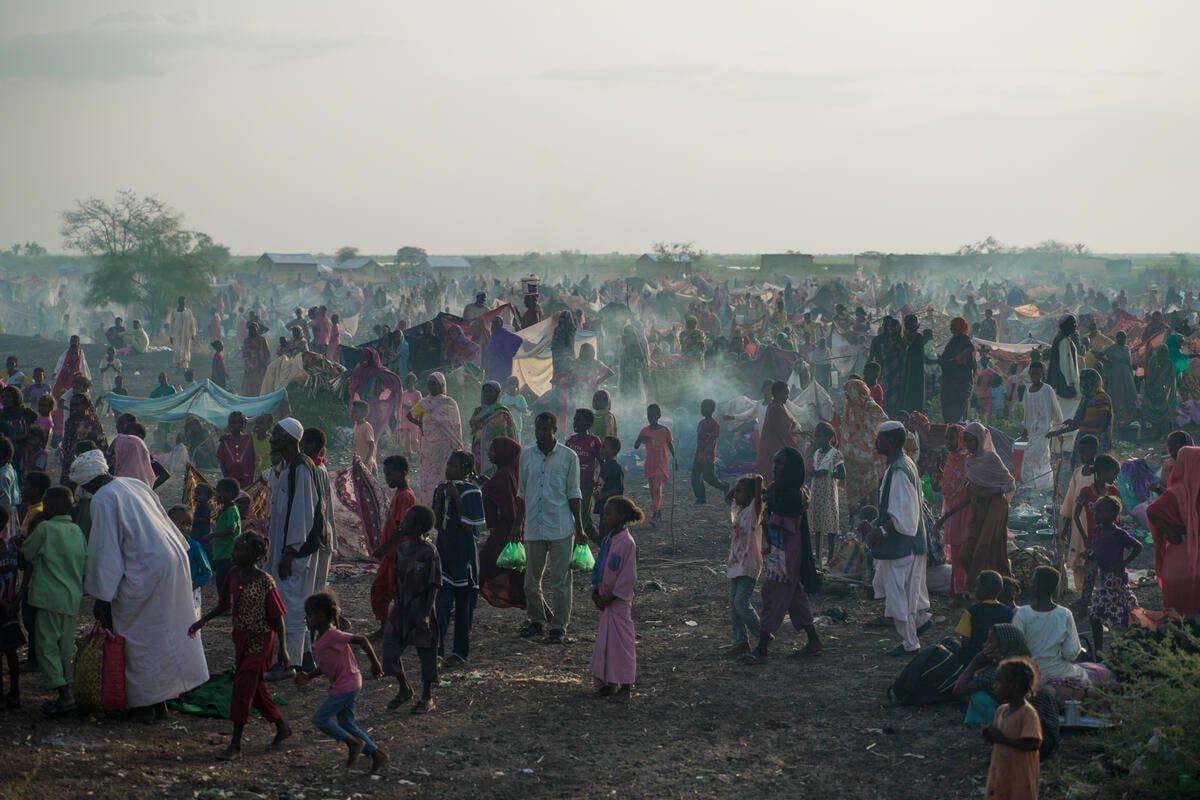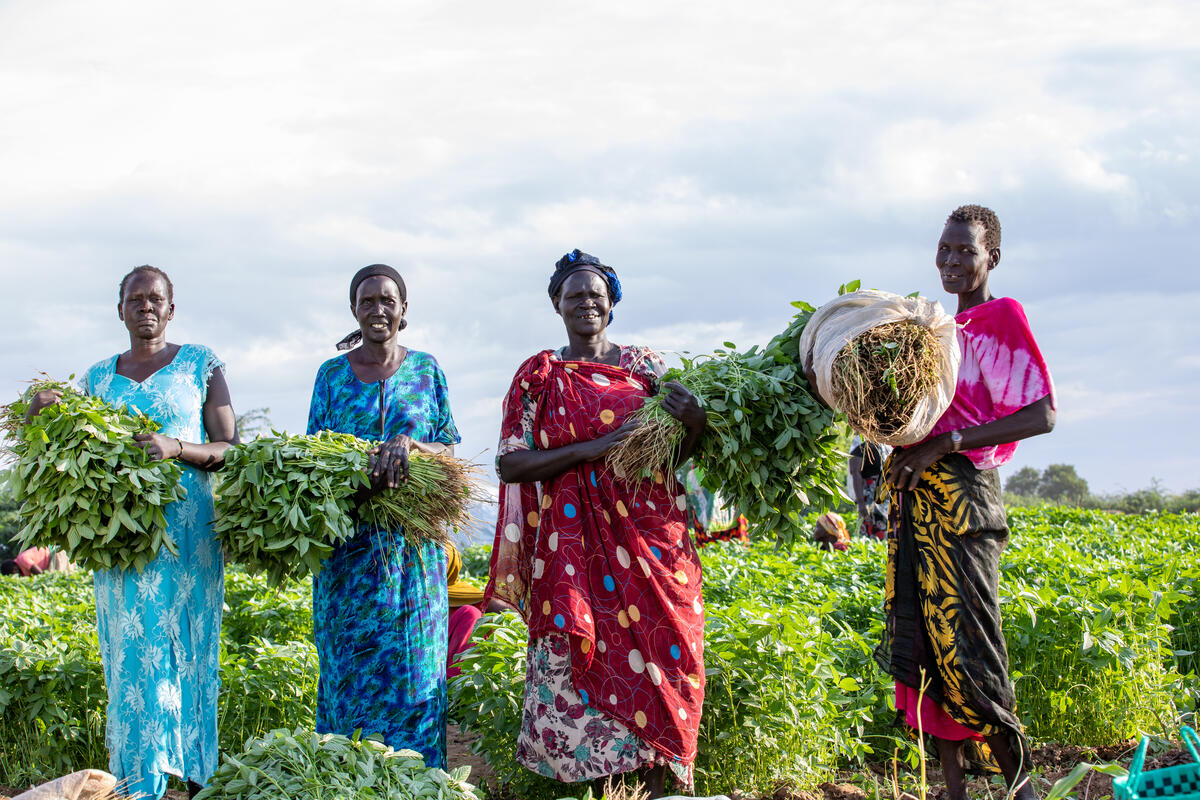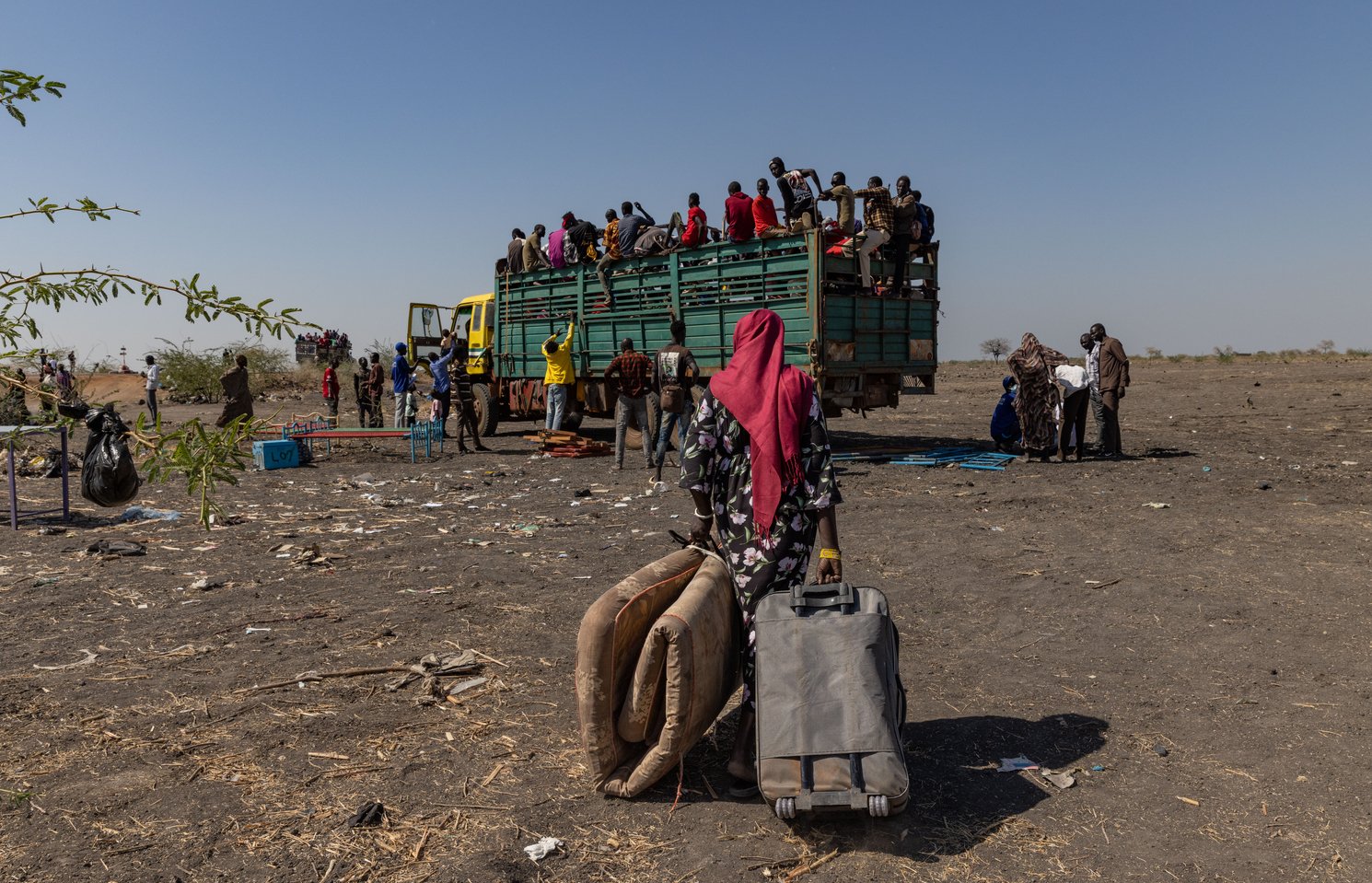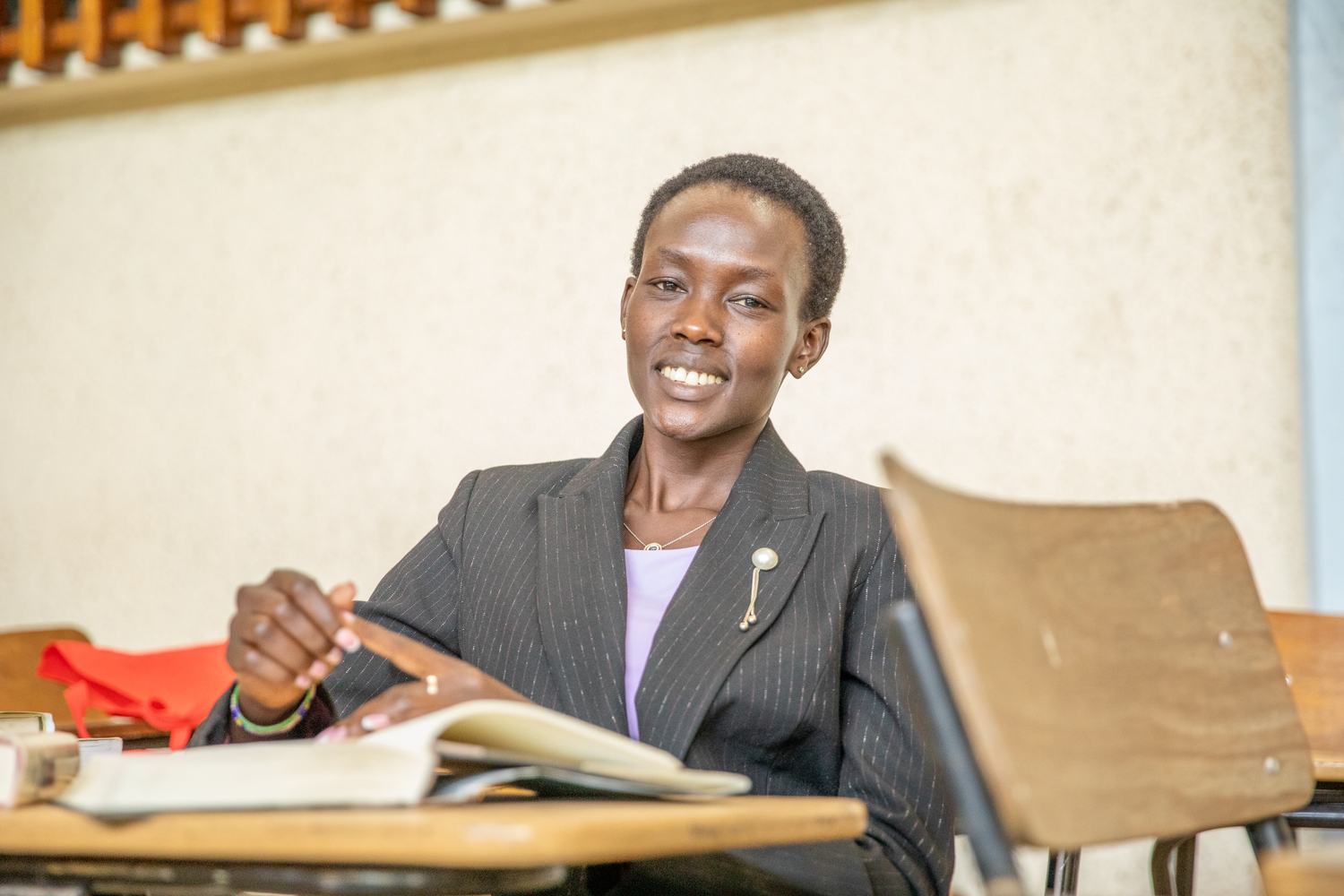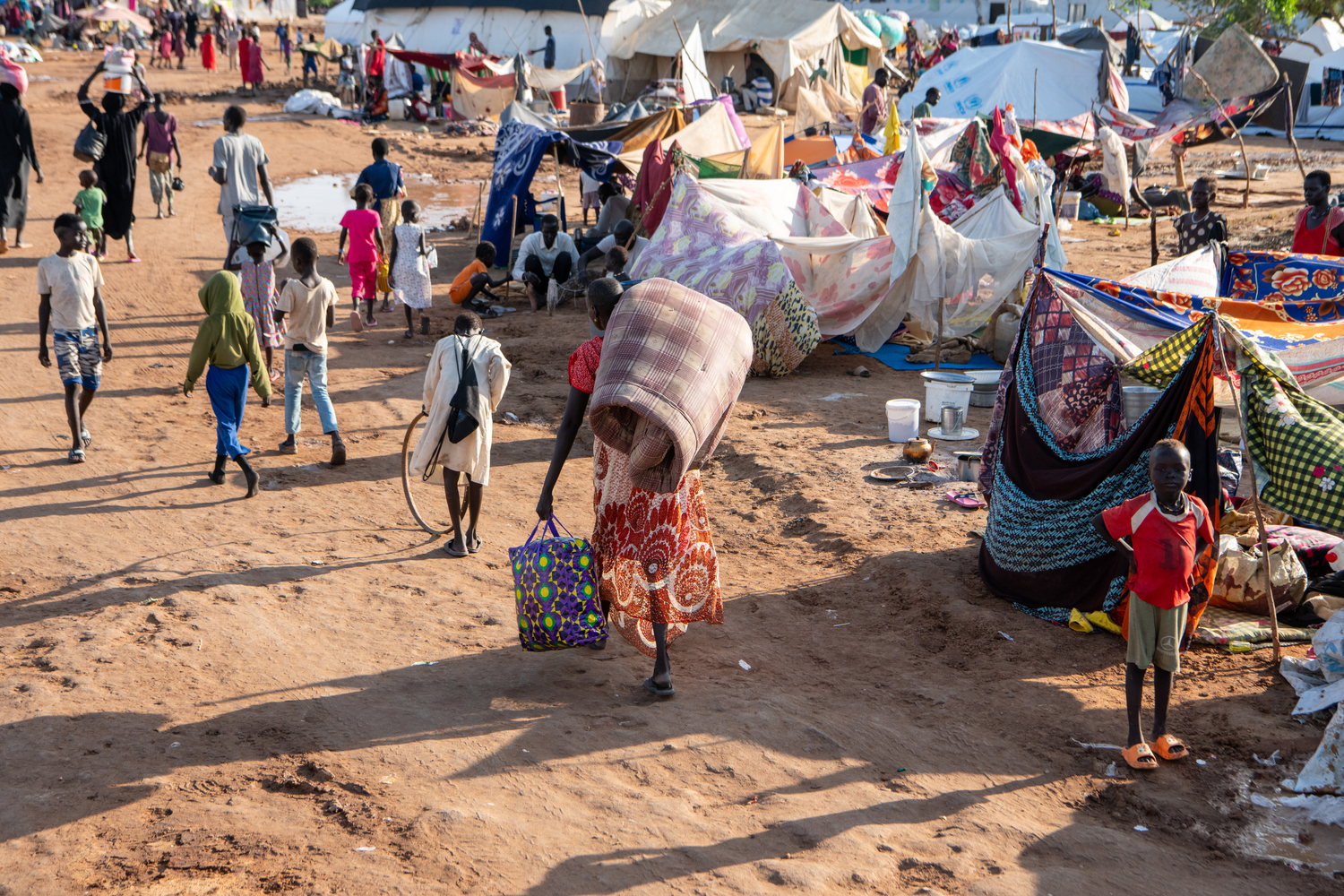Sahel needs greater security to ease growing refugee flows, says Grandi
Sahel needs greater security to ease growing refugee flows, says Grandi

BAMAKO, Mali – For many refugees and migrants, Europe begins in the deserts of Niger and Mali.
From those countries, the routes snake north, through Libya, or sometimes with an abrupt swing left through Algeria and back into Libya. That’s how the smugglers try to avoid increased vigilance on the Niger-Libya border to slow the flow.
Experts call this “mixed migration”. The mix of people going north is composed of refugees fleeing conflict and violence in their countries – Mali itself, Burkina Faso, Eritrea and South Sudan among them – and of migrants leaving dead economies and dire prospects in search of a better life.
But the cost of hope is often cruelly high.
Libya is a country in turmoil, and smugglers who bring people into the country often became their jailers.
“They beat us for anything. When they beat us, it hurt for many nights.”
Tesfaledt is just 17, a refugee from Eritrea who spent much of his life in Sudan. Aged just 16, he went north and entered a nightmare. He was jailed by smugglers on a farm where he was among more than 1,000 people.
“In that place there was no respect for human life. There was a lot of death around.”

There was also extortion. He was told to pay a ransom or be killed. Extended family members sent the money. He was taken to the coast for the perilous voyage across the Mediterranean, but government troops captured the smugglers. He and other refugees were taken to a detention centre and crammed into metal shipping containers.
“I can’t describe how happy I was.”
After weeks there, UNHCR, the UN Refugee Agency, extracted him and flew him to Niger in February. It was one of 14 such evacuation flights from Libya organized by UNHCR since the end of 2017. More than 1,400 people have been rescued from extreme misery.
“I can’t describe how happy I was,” Tesfaledt said. “I never believed I would leave Libya. I couldn’t believe until I was on the plane.”
To mark World Refugee Day on June 20, UN High Commissioner for Refugees Filippo Grandi joined one of the flights as part of a visit to Libya, Niger and Mali.
“The figure of refugees and displaced is increasing,” Grandi said in Tripoli. “But the response to this crisis should not be to shut down borders, but to work together to find solutions.”
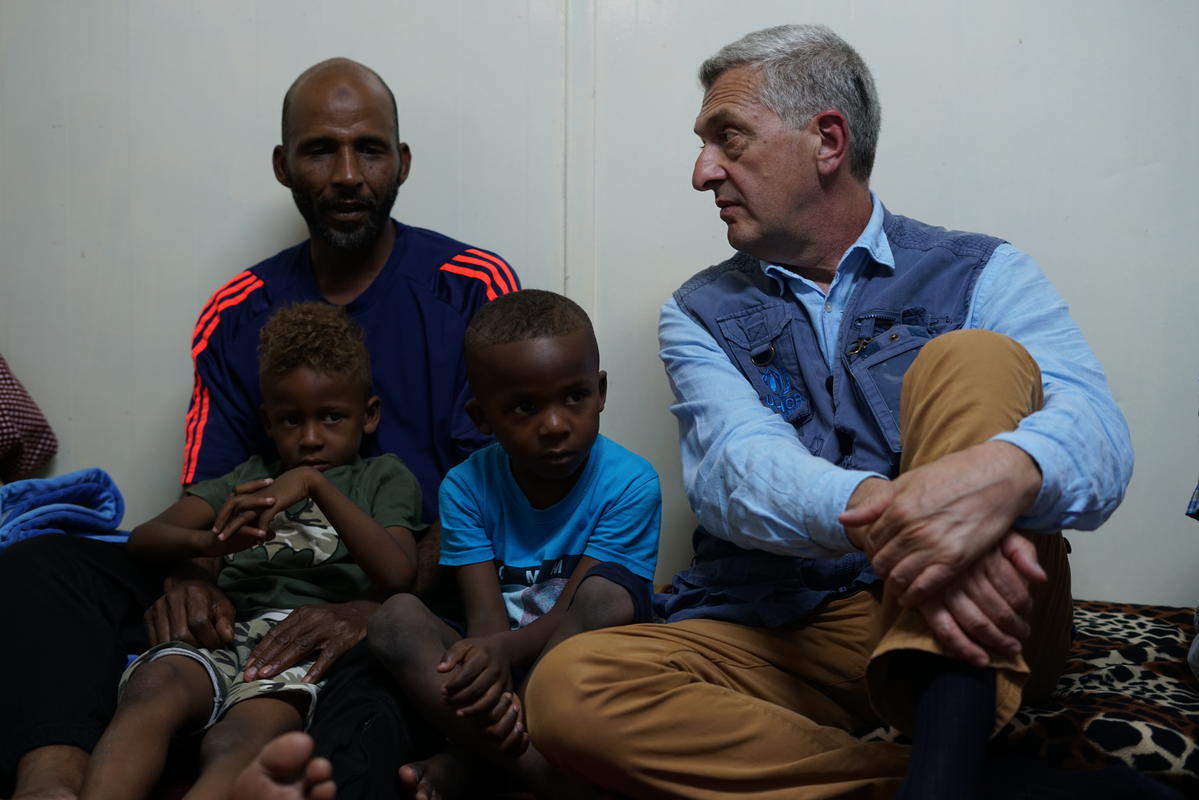
When the plane carrying Grandi and 122 refugees landed in Niger, many were grateful.
“We are free now. May God bless you,” Sudanese refugee Gatkouth Yoal told Grandi. He fled his country when his two-year-old daughter was killed in ethnic violence and reached Libya, where he was imprisoned and tortured by smugglers.
Refugees like him seek safety but often suffer trauma. Psychologists estimate that up to 40 per cent suffer from post-traumatic stress syndrome after they arrive.
The refugees from Libya are among almost 328,000 people for whom Niger has become a sanctuary. Despite its severe poverty, it has opened its doors and given protection to those fleeing conflicts in other countries, as well to those internally displaced by conflicts along its border with Mali.
The plane to Agadez in Niger flies close to a military drone base from where Western forces try to track Islamist rebels.
In Mali next door, the desert town of Gao is patrolled by a huge international peacekeeping force.
“If you have a goal in life, you do it."
The first of these arrived after an upsurge in violence precipitated by Islamist rebels in 2011 and 2012 drove tens of thousands of Malians into Niger and Burkina Faso.
Despite the international presence, parts of Gao are still not under government control, according UN officials. Refugees from Mali who have returned – more than 60,000 of them from Niger – still fear to venture far from the centre of town.
“The little vegetable gardens in the fields, that’s finished,” said Hadja, a Malian who fled to Niger in 2012 and returned a few months ago. “Nobody can go out into the countryside these days. I’m now blind. We came back with nothing and we still have nothing.”
Help for these returnees was one of the main points made by Grandi, but it is linked to another theme.
“We will help with facilities for Malian refugees but that also depends on the government to improve security.”
Compounding the problem for UNHCR and other international agencies, Algeria has been deporting thousands of Africans to Niger and to Mali, many of whom had been working quietly in the country for years.
It is a catalogue of crises that European countries seem barely aware of. Niger, one of the world’s poorest countries, takes care of hundreds of thousands, the countries of Europe hesitate to take more than a handful.
Seventeen-year-old Tesfaledt hopes he will soon join that handful. Despite the beatings and torture he endured, he replies immediately: “Would I do it again after what I went through? I would. If you have a goal in life, you do it. I’m almost there.”
See also:


